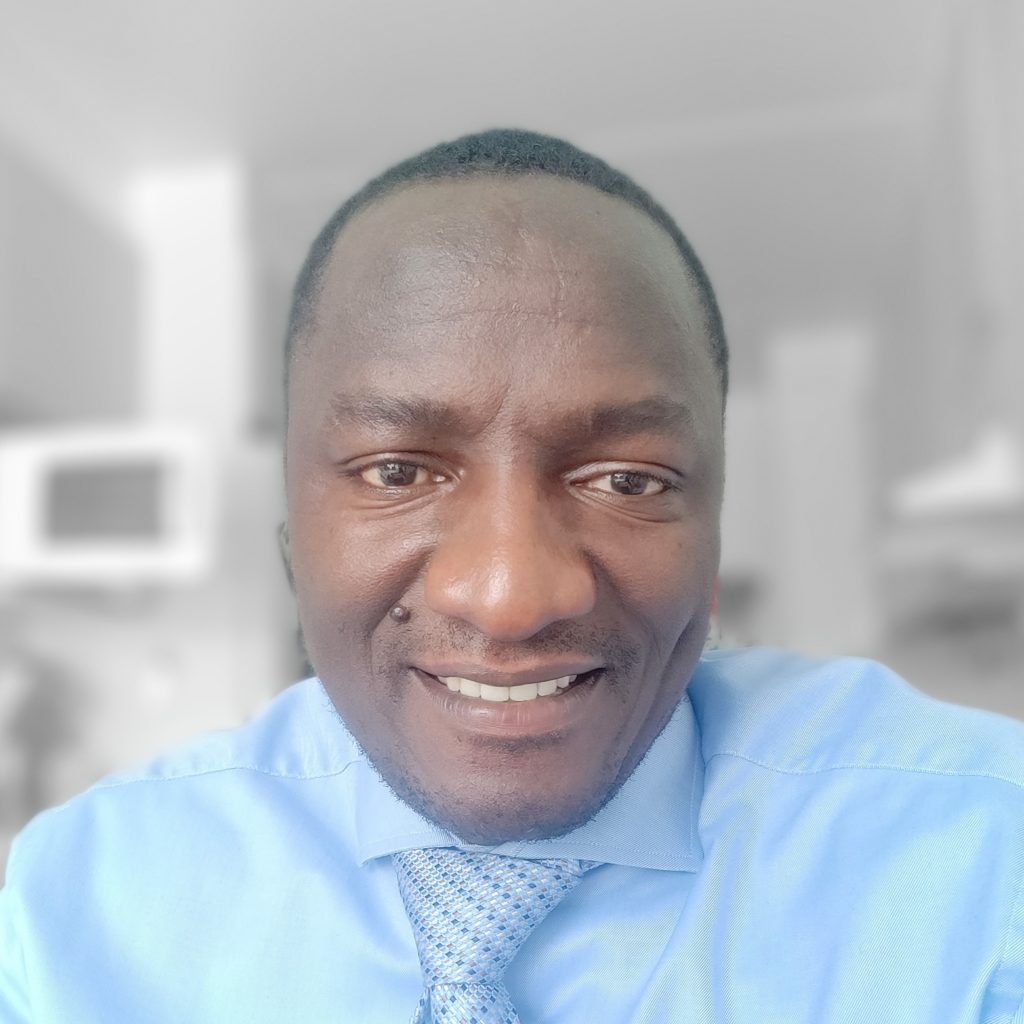Supporting Kenyan higher education institutions
Just like many international educational researchers, I have been attracted to Finland’s extraordinary results in the Programme for International Student Assessment (PISA) studies. Many experts in education have attributed this Finnish education success story to – among other things – highly qualified teachers, who possess greater pedagogical autonomy in the classrooms.
Teacher education is a vital domain of higher education. It plays an important role in the preparation of innovative, tech-savvy, 21st century teachers and subsequently in the overall competitiveness of any country’s education system. As the main implementers of the curriculum, teachers play an enormous and indispensable role in maintaining effective and efficient education systems that promote lifelong learning opportunities for all, as stipulated in Sustainable Development Goal 4 (SDG4). With my research, I hope to help uphold this goal in the Kenyan setting by informing curriculum implementations and supporting teacher education in Kenyan universities.

My research activities ranged from interviewing an expert in curriculum implementation and research at the Kenya Institute of Curriculum Development (KICD) to visiting over 10 preservice teachers in their internship schools around Embu county, to meeting with the Dean of the School of Education and Social Sciences and the Chairman of the Department of Education. With the latter two, I discussed in length on the potential to seek and develop partnerships with Finnish HEIs to support research and capacity building in teacher education and curriculum reforms. Afterwards, we developed a concept paper that could form the foundation of such future projects.
Relatedly, my current doctoral research focuses on how English preservice teachers use their technological pedagogical content knowledge (TPACK) in Kenya to fulfil the digitalisation goals stated in the national core curriculum. TPACK is a framework that represents the intersection of technology, pedagogy, and content knowledge, which is essential for effective teaching in today’s digital age. To gather data, the researchers used a self-report online survey, which allowed participants to share their experiences and perceptions of TPACK. A total of 84 pre-service teachers participated in the study, providing valuable insight into their understanding and application of TPACK. My research is a direct effort to support Kenyan higher education institutions, which are in the process of equipping new graduate teachers with the pedagogical tools and skills to meet the new competency-based curriculum (CBC) instructional requirements.
In the era of benchmarking and education borrowing, the Kenyan education system can learn from their Finnish counterparts. The latter have founded and weaved their system with the principles of inclusivity and openness, and upcoming researchers like me strive to harness these ideals and hopefully inform education systems in the Global South in the preparation, development, and implementation of their national curricula.
The participants
The University of Embu
The University of Embu is among the newest universities in Kenya, having received its university charter in 2011 as Embu University College, and later as University of Embu in 2016. Its teaching concept goes beyond the classroom and syllabus-based learning to stimulate and motivate a long-lasting education system.
The University of Embu has been ranked as the Best-Performing State Corporation for two years in a row – a performance that strongly suggests that the university is a good fit to partner with other higher education institutions (HEIs) both regionally and globally.
School of Education and Social Sciences (SESS)
The School of Education and Social Sciences (SESS) at the University of Embu comprises of two departments: the Department of Education and the Department of Humanities. The Department of Education, which is central to its training of new teachers, is part of the SESS. To effectively educate teachers, the Department is committed to educational scholarship that emphasises values such as the integration of theory and practice, innovation, and collaboration.
Kenya Institute of Curriculum Development (KICD)
The Kenya Institute of Curriculum Development (KICD) is the Kenyan government corporation that develops curricular and curriculum support materials for basic and tertiary education. It also offers consultancy services in education and training. Due to its critical and central functions, the KICD coordinates with stakeholders, both in government and the private sector, that are involved in the provision of education in Kenya.
The research
In 2022, my research led me back to my home country, Kenya. Kenyan education is being overhauled: A new school system, coupled with a new curriculum. These ongoing curriculum reforms represent a complex network, and dynamic interplay among the stakeholders of the Kenyan education enterprise, affecting the Ministry of Education, the KICD, the Commission of University Education (CUE), the higher education institutions (HEIs), the Teachers’ Service Commission (TSC), the teachers’ unions, the parents, and, most importantly, the learners themselves.
I had three main objectives for my Kenyan trip that I felt would further my research considerably:
- To collect data from the KICD personnel on how they are implementing the new curriculum, both at school and university level;
- To collect data from preservice teachers at the University of Embu on internship on how they are intending to apply innovative educational technologies in their teaching; and
- To discuss with key teacher educators at the University of Embu on ways of identifying and developing sustainable partnerships that could enhance collaborative research.
I was able to accomplish all these objectives within the four weeks period in Kenya. Once again, I am greatly indebted to the GINTL team for their timely travel grant that made all the above possible.

Takeaways
Kenya is a melting pot of vibrant cultures, ample resources, populace and ideology, both local, international and hybrid. From my experiences and observation while in Kenya, there are many opportunities and avenues for potential collaboration and partnerships with HEIs in the global north.
This can be done through themes such as:
- Capacity building, to enhance skills in teacher education, e-learning and education management;
- Research and academic collaboration;
- Faculty and student exchange, including sharing MOOC courses; and
- Scholarships for graduate studies, including waivers.
It is also important to note that, while universities in Finland have been merging to enhance service delivery and economic efficiency, the opposite is taking place in Kenya. Due to the large number of students who qualify for university education, many universities have established branches and campuses to cater for this ballooning student population. Down the line, the satellite campuses have become independent universities of their own.
In addition, this data collection trip is part of my doctoral project with as its central aim to investigate the Technological Pedagogical Content Knowledge (TPACK) of pre-service teachers (student teachers) at the University of Embu, Kenya. The online survey format enabled me to collect data efficiently while minimizing social desirability bias, as participants could respond anonymously and without direct researcher interaction. In addition to the survey, I visited student teachers in their respective teacher training schools and gathered ten lesson plans to evaluate how these pre-service teachers prepared for classroom instruction. The lesson plans served as evidence of the student teachers’ ability to integrate technology, pedagogy, and content knowledge in their teaching strategies. By analysing the lesson plans, I could better understand the practical application of TPACK in real-world teaching scenarios. I hope that this study could contribute valuable insights into the TPACK competency of pre-service teachers at a Kenyan university, while also identifying opportunities for improvement in teacher education programs.
Future directions
It is my hope that my research will create a forum for leading educational players to identify mutually beneficial areas of scholarship. I also hope it will help solve the challenges that face education in the digital era. Research will increasingly support communication, help develop trust, and maintain transparency. The synergy of these factors will drive a knowledge-based society, characterised by sustainable partnerships of mutual visions, goals, and action.
Author

Franklin Nyairo
Doctoral Researcher, University of Helsinki
franklin.nyairo[at]helsinki.fi













